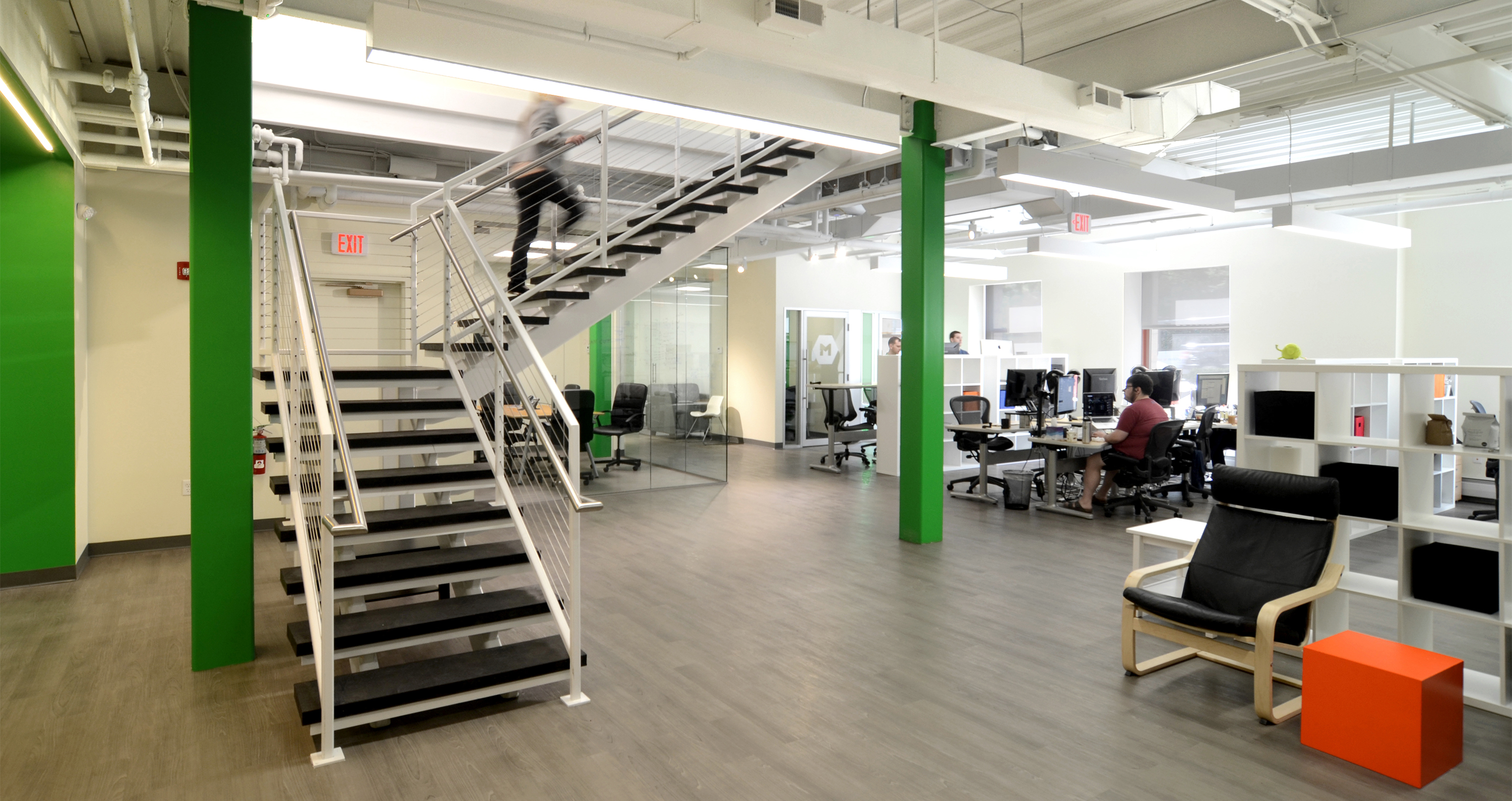
Don’t Cancel Your Office Lease! Making A Case for Offices
Do we need offices at all? Aren’t we working just fine from home? The COVID-19 pandemic has disrupted the way we work and challenged the way in which we think about office space to the point where many question its need to exist at all.
While each organization’s response has differed, we are seeing similar personal experiences of all workers. It was not too long into the work-from-home phase that the novelty of it all began to wear. Working from home has certainly offered advantages, but it has also fallen short in a few very important ways.
Most people noticed the shortcomings of their home office the first day; a proper, dedicated working space, a computer, reliable internet, privacy, quiet, a chair and desk that didn’t hurt their back. You have likely recognized the inadequacy of your home in one or more of these examples.
There’s a social equity piece that employers should recognize. If you’re fortunate enough to have a home large enough to include guest room or a laundry room for zoom meetings, you may not feel the same pain as someone more junior on your team who has noisy roommates, is simultaneously tending to their kid’s remote learning, or simply has a tiny studio apartment with their entire life on display. By bringing video meetings into people’s private lives, it exposes income and social differences in a way that can be highly stressful or even embarrassing to employees. Beyond establishing a brick and mortar presence, offices offer an equalizing force around having the same resources.
On a personal level, offices support our professional identity. Who we are as a part of an organization within our chosen vocation is separate from the identity and the roles we take on at home. The office blends meaning and company culture into the spaces we use creating a powerful place that cultivates professional identity.
Most notably, working from home has taken away our sense of belonging. As a physical representation of an organization’s goals, values, and shared beliefs, the office unites staff with a shared understanding of purpose and fosters camaraderie. There is illuminating research that suggests that memory and cognitive function is deeply tied to a physical sense of place. Without the common office environment, we are left with a scant framework to hang our collective hat and build experiences and knowledge together.
Organizations exist for a reason; we intuitively understand that we can do more by working together than working apart. We have taken for granted the role that office play in this, but a heightened awareness of its role will lead us to craft better designs.
At KITE, understanding your values and building them into our designs is what we do.
The importance of our architecture goes beyond how a building looks and focuses on the quality of a space and how it works on a human level. We design environments for people to thrive in. So, before you cancel your lease, consider what your space provides. If it doesn’t provide equity, professional identity and a sense of belonging, let what we have learned these past few months accelerate that change. KITE is here to help.